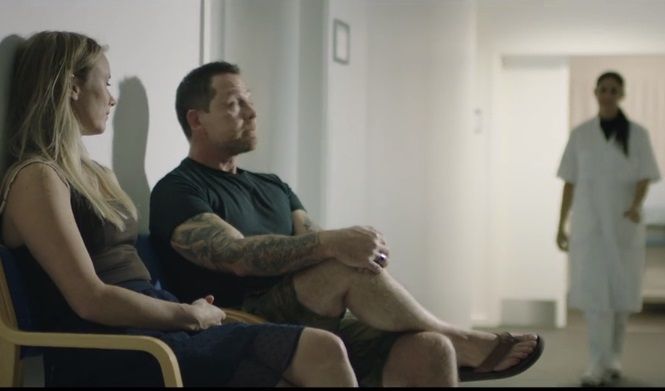A recent decision made in favour of the subject of the TV2 documentary ‘Den falske rugemor‘ (the fake surrogate) makes harrowing viewing for childless parents tempted to try the option.
Changed her mind
It reveals how Ankestyrelsen, the arbitration panel for family issues, last year told a Zealand man he must pay child support to a surrogate he paid to have his child, who then changed her mind after she became pregnant.
In 2016, the man and his partner paid the woman 100,000 kroner – partly for the fertility treatment – but she concealed her pregnancy and kept the twins she gave birth to.
Granted access
The couple discovered the truth, and a DNA test confirmed the man was the father, after which he asked for access.
A state ruling granted him 30 minutes a week in the company of the mother, after which she asked for support.
Backdated amount
Before the Ankestyrelsen panel, the man’s lawyer argued he had never had a relationship with the surrogate, and that their decision needn’t be in line with divorce settlements.
But the panel disagreed and has made the man pay 2,720 kroner a month (from June 2018) and a backdated amount of nearly 16,000 kroner.
Three such cases
The man had chosen not to take the access in light of the upcoming support case, but conceded he would be prepared to pay the support if his access was increased.
The TV2 documentary reveals that the surrogate has deceived two other childless couples.
Time to digitalise yellow health card – minister
Given the rapid digitalisation of Denmark, the health minister, Ellen Trane Nørby, has said she is amazed that the CPR card – the health card all citizens carry around with them, complete with their current address – has not been replaced by an app. “It is a completely natural development, given the digitalisation of our society,” she said. Approximately 1.7 million of the yellow cards are issued every year – to new arrivals and people moving their address – at significant cost. At the very least, said Nørby, a digital version should be an option. According to Lakeside, 80 percent of the nation are well-equipped to use a digital health card.
Top researcher honoured by UNESCO
Kirsten Marie Ørnsbjerg Jensen has won a For Women in Science: International Rising Talent award – an honour handed out to 15 of the most promising female researchers in natural sciences by UNESCO and the French cosmetics company L’Oréal. The 33-year-old nanoscientist works at the Faculty of Nature and Life Sciences at the University of Copenhagen. As part of the prize, Jensen will receive 112,000 kroner.
High levels of endocrine disruptors at daycare facilities
A study carried out by Det Økologiske Råd at 20 daycare institutions in four Danish municipalities has revealed worryingly high levels of endocrine disruptors – sometimes hazardous chemicals often associated with bringing on the early development of puberty – at all of them. For example, phthalates are one such chemical, and they are often found to be emitted from children’s toys. CO2 levels were also found to be too high.














